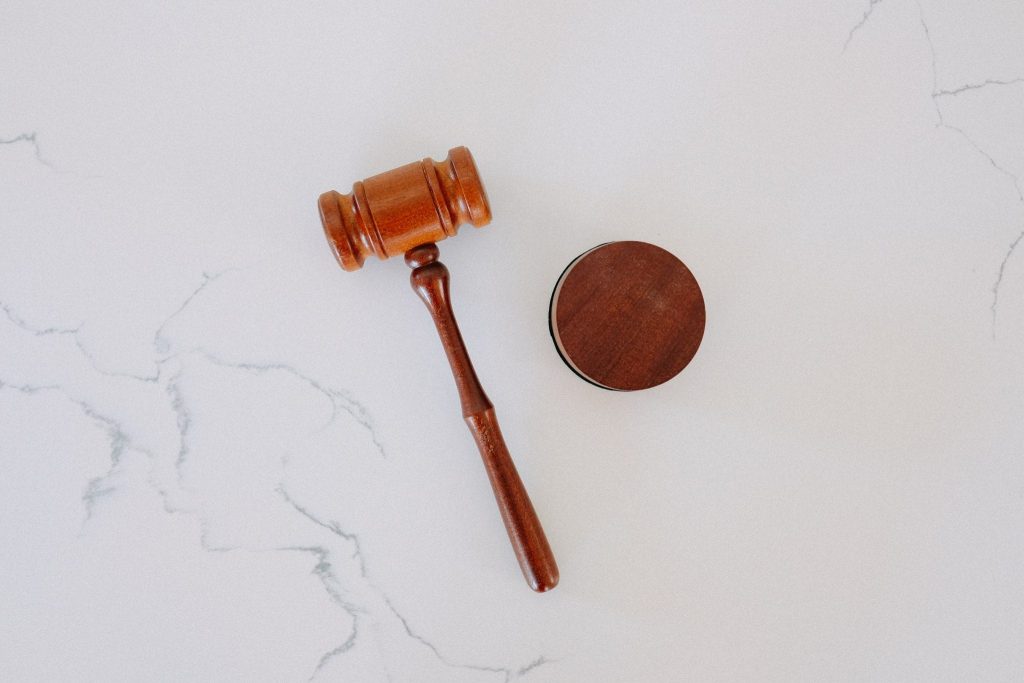
The main task of criminal law in the state of Florida is:
- regulate public relations associated with any kind of violation of existing laws,
- determine the punishment,
- and restrain the desire to commit crimes.
Law enforcement officials should use various legal methods to encourage the population to prevent the commission of crimes.
Another important function is to help violators of the law put on the path of correction, to abandon their criminal intentions.
Basic principles:
1. Legality
The essence of legality lies in the fact that:
- it is impossible to arbitrarily interpret legal provisions,
- the fight against crime should not go beyond the legal framework,
- the punishment in no case should be stricter than that provided for a specific violation.
2. Equality before the law
Everything is very clear here – there should not be any prejudices during the investigation, the court hearing. But at the same time, their own provisions apply to minors, the elderly.
3. Humanism
Harsh treatment, torture, and any other violence against a person who breaks the law are unacceptable.
4. Prohibition of double responsibility
No one can be convicted twice for the same act. But at the same time, a re-examination of the case is allowed if facts concerning it are discovered, or violations are found during the previous investigation.
5. Necessity
The government does not have the right to arbitrarily issue new laws – this should be due to the really existing need of society.
Stages of a criminal case – from arrest to sentence
Investigation of a violation of the law begins from the moment when police officers receive news of the commission of a crime or they themselves record the fact of its commission.
It is necessary to establish whether there is indeed evidence of possible guilt. So, for example, if a person is suspected of drunk driving, it will have to take a breathalyzer test.
If a crime is committed in front of an officer, he has the right to immediately arrest the offender. In this case, the policeman has the right to conduct a partial search and seize weapons, evidence relevant to the case.
In other cases, a notice is sent to the suspect, which indicates that he must appear in court at the appointed time. If this is not done, an arrest warrant will be issued.
After a person is taken to prison, they take pictures of him, take fingerprints, confiscate property, and enter information into a special database. It can be accessed through a special service.
Within 24 hours of being arrested, the arrested person must be charged or released.
The judge at the same time makes a decision on bail and other conditions of temporary release. Also, the person is explained what his fault is. A person can admit it, and then the process will be significantly simplified since the verdict will be delivered without trial.
The next stage is a preliminary hearing, where the judge, on the basis of the information provided, decides whether there are good reasons to believe that the person under investigation is guilty and whether it is worth bringing the case to court.
A lawyer defending the defendant may advise him to make a deal. This will not absolve you from responsibility but will allow you to finish the case earlier, saving time, and in some cases mitigating the sentence. But this way out of the situation is not always the right one for the suspect. It all depends on the nuances of the case.
When the arrested person does not make a deal and does not admit his guilt, he is brought before a judge or jury, who decides his fate.
The trial also consists of several stages:
- at the first, introductory statements are read,
- then the prosecution sets out its arguments,
- interviews witnesses,
- then the defense side conducts a cross-examination and provides its witnesses,
- the latter is also cross-examined by a representative of the prosecution.
After that, each side makes a closing speech, and the judge or jury, based on all of the above, will issue a verdict.
The punishment can be different:
- a fine,
- imprisonment,
- probation,
- community service,
- or it can be a combination of, for example, a fine and imprisonment.
Florida’s criminal law allows for the death punishment. But only if the person is accused of particularly serious criminal offenses.
Representatives of law enforcement and judicial authorities must understand how important it is to follow all the rules
Any violation can lead to sad consequences. For example, if evidence was collected without a search warrant, or confidential documents were seized without permission, the defense attorney may request that the evidence be disregarded in the investigation. That is, the guilty person will be able to escape punishment.
Picture Credit: Unsplash
